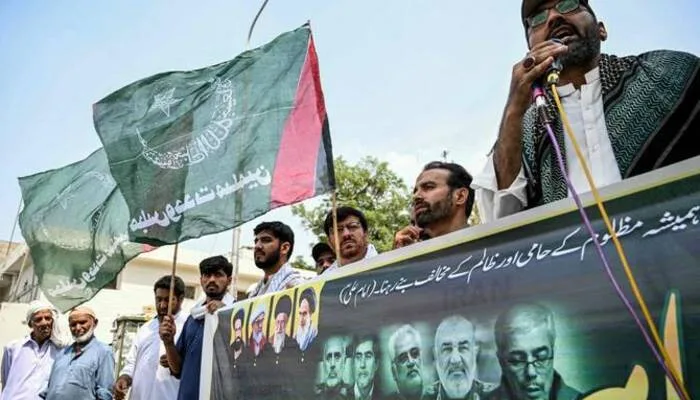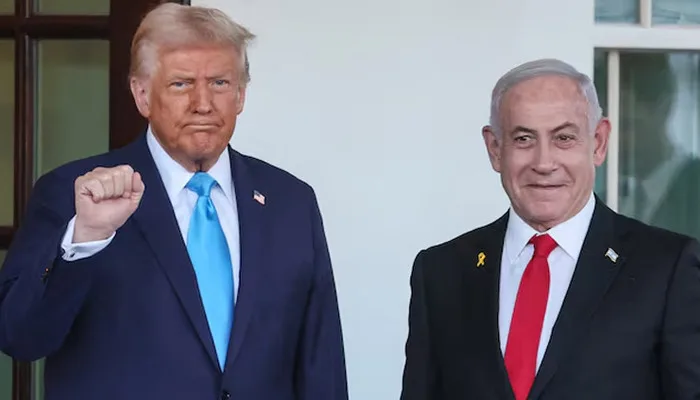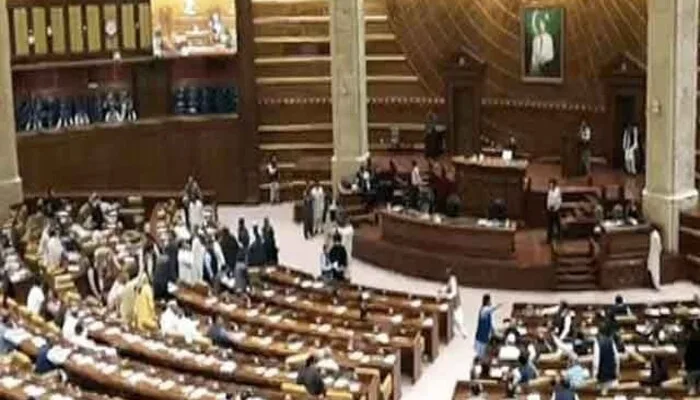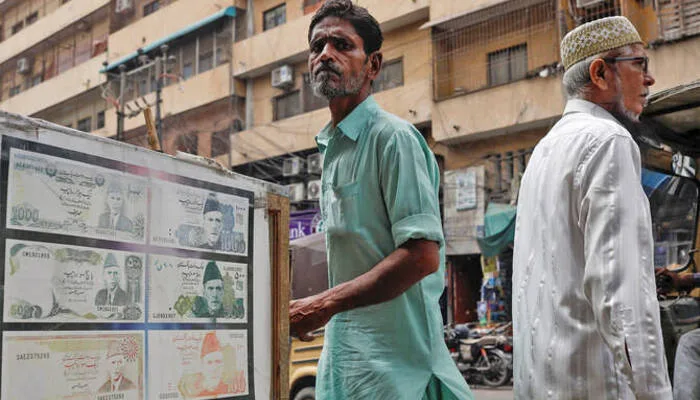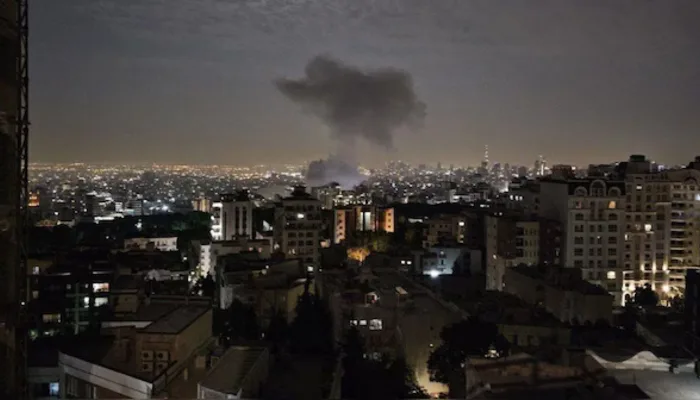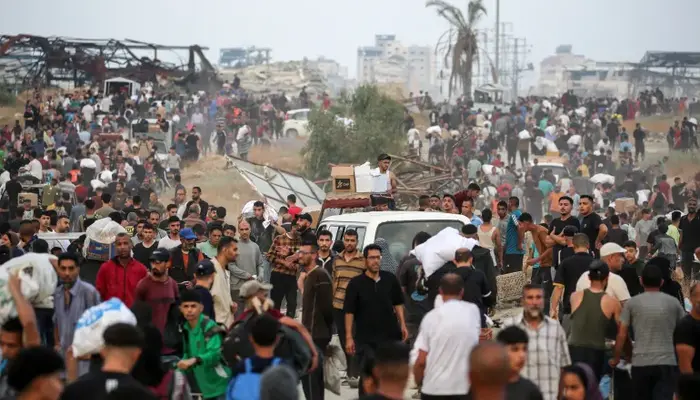
TEHRAN — Iran’s Revolutionary Guard Corps (IRGC) has vowed to intensify its military campaign against Israel, promising more “devastating” operations targeting critical infrastructure and leadership sites. The bold warning, delivered through Iran’s official IRNA news agency, follows a fresh round of missile and drone attacks that killed at least four Israelis and injured dozens more.
The IRGC stated that its forces will continue carrying out “effective, targeted, and more devastating operations against vital targets in Israel” until the country is brought to what it called “complete destruction.” The announcement signals a sharp escalation in rhetoric and action amid already surging hostilities between the two arch-rivals.
Fresh Strikes Hit Israeli Cities
Iran’s latest strikes, launched late Sunday night and early Monday, targeted multiple Israeli locations, including industrial zones, military sites, and strategic communication hubs. Explosions were reported near the Haifa port, Ashkelon, and the outskirts of Tel Aviv, where air-raid sirens sent civilians scrambling for shelter.
According to Israeli emergency services, four people were killed, including a 60-year-old factory worker in Haifa, and at least 30 others were injured, several critically. Fires broke out in multiple areas, including near a power plant, prompting concerns about disruptions to the national grid.
While Israel claims to have intercepted most incoming missiles and drones using its Iron Dome and David’s Sling defense systems, the damage from the ones that got through was significant. Footage aired by Israeli media showed fire crews working through the night to extinguish blazes and assist in evacuation operations.
Read: 59 Palestinians Killed in Gaza; Israeli Forces Fire on Aid Seekers
Iran Frames Attacks as Retaliation
Iran says its strikes are part of a broader retaliatory strategy in response to Israel’s initial assault on its military and nuclear sites last Friday. That attack, which Israel has not officially confirmed, reportedly targeted a key missile development center and an air defense installation in western Iran, leading to dozens of deaths.
The IRGC statement claimed that “this is only the beginning,” emphasizing that Tehran reserves the right to expand the battlefield and introduce new dimensions to its response. It also warned regional allies of Israel that “any support or complicity will make them a target.”
Iran’s President Ebrahim Raisi said in a televised address that Israel would “pay a high price” for what he called “reckless acts of aggression.”
Global Concern Over Rapid Escalation
The latest tit-for-tat attacks have raised alarm across the international community. The United Nations Security Council held an emergency meeting, with several countries urging de-escalation and a return to diplomacy. UN Secretary-General António Guterres called for an immediate ceasefire, warning that the conflict could spiral into a regional war.
Meanwhile, the United States, while reiterating its support for Israel’s right to self-defense, urged both sides to show restraint. A senior US official confirmed that Washington is in backchannel talks with Oman and Qatar to mediate a pause in hostilities and restart the nuclear negotiations that were abruptly canceled over the weekend.
However, Iranian officials have made it clear that no diplomacy will move forward while Israeli strikes continue. A spokesperson for Iran’s Foreign Ministry said, “The language of force will be answered with greater force.”
As the conflict enters a dangerous new phase, analysts warn that both nations appear committed to military solutions. With each side trading increasingly deadly blows and no immediate diplomatic breakthrough in sight, fears of a broader Middle East war continue to mount.
Follow us on Facebook and Instagram





